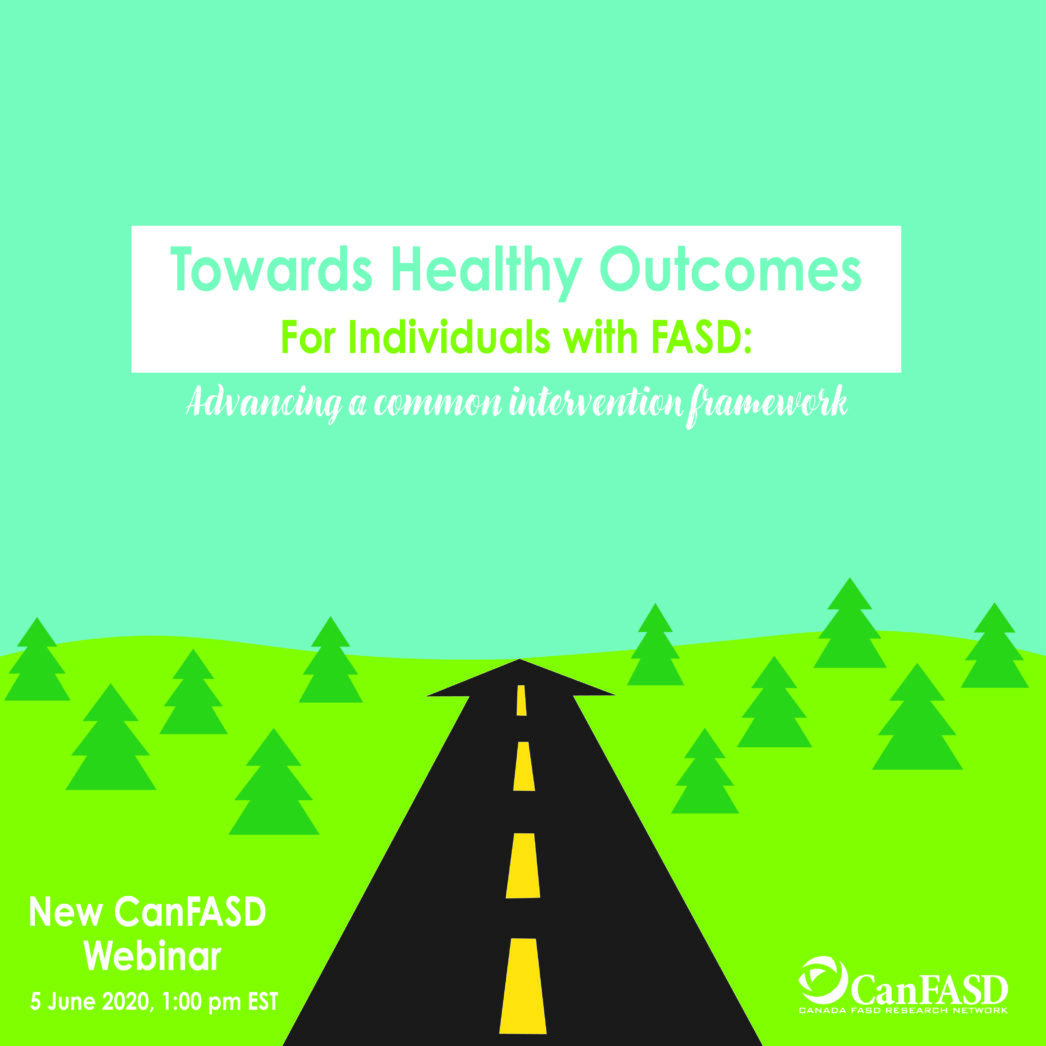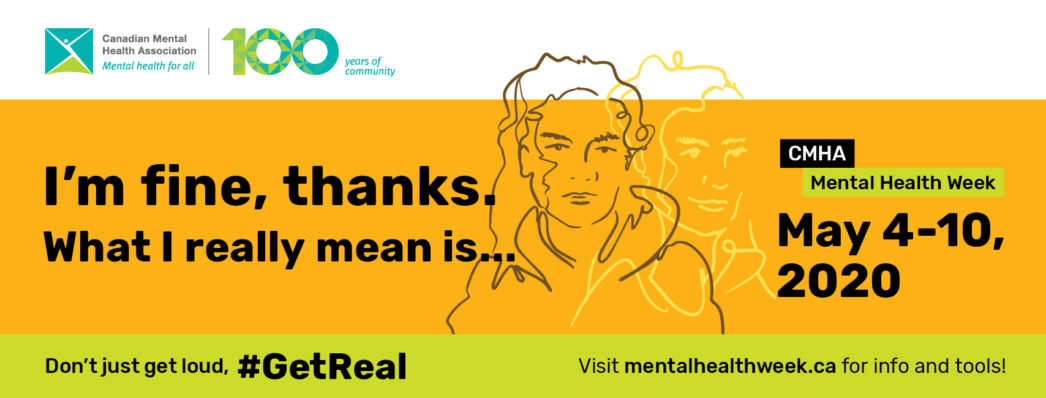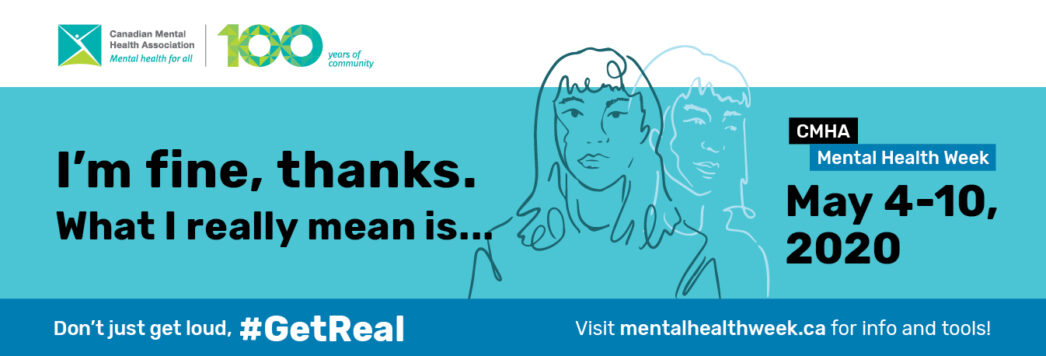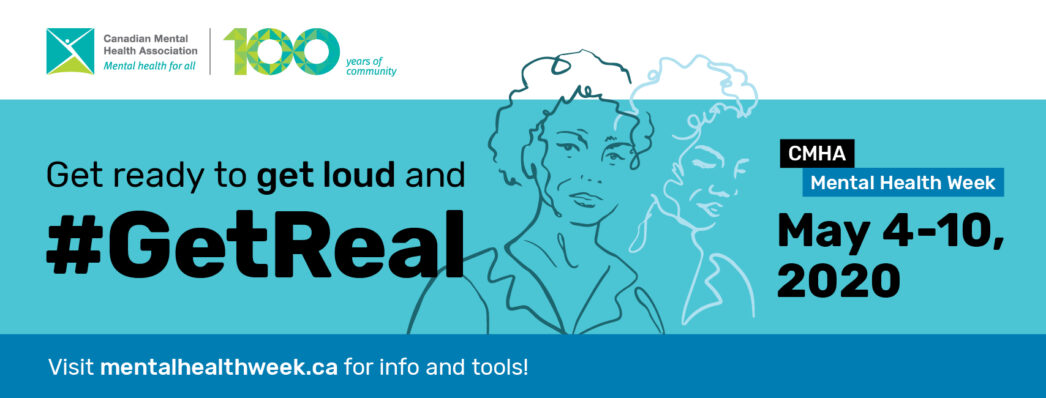Our new Level II courses are designed for professionals working in the Legal and Judicial, and Solicitor General systems. They provide learners with a better understanding of how FASD impacts a person’s involvement with the justice system, challenge some of the common assumptions about FASD and justice-involvement, and provide helpful strategies and suggestions for working with justice-involved individuals with FASD. There are also interactive case examples to help reinforce the course content.
Looking for research participants for an online study!
Researchers at the University of British Columbia are conducting a study on chronic health in young adults diagnosed with FASD or Fetal Alcohol Syndrome (FAS). Specifically, we are interested in how brain impairment and physical health are related in this population, and how they affect the quality of day to day life.
New Webinar Announced: Towards Healthy Outcomes!
Achieving healthy outcomes for individuals with FASD requires working together towards meaningful goals for each individual. Recognizing this need, her and her team of researchers produced an evidence-informed model to help us to identify key needs for all humans – with specific consideration for how existing research can inform our practice.
Issue Paper: Alcohol and Breastfeeding
Prenatal alcohol exposure has the potential to result in a range of complex physical, mental, and behavioural disabilities, known collectively as fetal alcohol spectrum disorder (FASD). Although alcohol exposure through the consumption of breast milk does not cause FASD, it has the potential to negatively impact infant and child development.
Mental Health for Individuals with FASD
When we talk about mental health for individuals with FASD, we often talk about the mental health issues people with FASD commonly experience. But it is important to remember that mental health more than mental illness.
Mental Health for Caregivers of Individuals with FASD
It is well documented that caregivers of children with disabilities experience increased levels of stress. But caregivers of children with FASD have been shown to experience higher levels of stress than most people. In a 2009 study, 92% of primary caregivers of individuals with FASD had clinically elevated stress levels. These number show that finding effective ways for caregivers to manage stress is especially important for this population.
FASD and Mental Health for Professionals
One in five Canadians experience challenges with mental health. This proportion is high, but the stats are even higher for individuals with FASD. Researchers have shown that approximately 90% of people with FASD experience mental health issues. These numbers show that mental health is an extremely important consideration when discussing needs, supports, and resources for individuals with FASD.
Mental Health and COVID-19
Our mental health is very fragile right now because of all the uncertainty and stress surrounding the COVID-19 pandemic. We can protect our mental health by using healthy coping strategies when we start to feel negative emotions.
Mental Health Week and FASD
The goal of mental health week is to shift how we think about mental health and to promote behaviours that encourage good mental health. Individuals with Fetal Alcohol Spectrum Disorder (FASD) have unique needs and challenges that – when not met – can impact their mental health, and that of their friends and families. When we talk about mental health, we need to ensure that the voices of all Canadians are included in this conversation.
#FeatureFriday – Andrew Wrath
Our organization is excited to announce that we have a new member joining our team. Andrew Wrath is a research coordinator at the University of Saskatchewan. He received his Bachelor of Arts Honors Specialization in Psychology from Western University in 2011. He has experience in the areas of mental health, attachment, mood and anxiety disorders, stigma, and trauma. Andrew will be working … Read More







